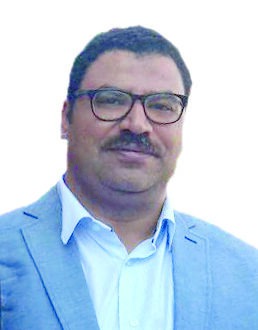This year scientists from the United States and Europe will not be able to follow polar bears crossing from Alaska to Siberia as they do every spring. The annual scientific expedition used to offer a critical window into the fate of thousands of bears as it provides the data used in deciding how many of these creatures can indigenous peoples hunt without putting the bear population at risk. However, an escalating Russia-Ukraine conflict and a barrage of sanctions against Russia will make it impossible for Arctic cooperation to continue.
Russian, US and Canadian research vessels were about to set sail for a better understanding of the salmon ecology in the North Pacific Ocean. The war has put a stop to that.
The cancellation of two scientific expeditions shows how the Russia-Ukraine conflict puts the brakes on international research. As the West shuns Russia, Arctic research into salmon, polar bears and migratory birds is, like truth, an early casualty of war. Given climate change, halting Arctic cooperation will be costly for humanity.
The future of the International Space Station, a symbol of post-Cold War cooperation, is uncertain. Mercifully, the spillover from the conflict has not affected this two-decades-old partnership in space.
The tension was more complicated in Europe, where the European Commission halted cooperation with Russian research bodies. Any contract or agreement with Russian organisations under the EU’s €95.5 billion research and innovation flagship programme will remain unsigned.
Since it began, the Russia-Ukraine conflict challenged the neutrality of international sports, for example, while media on both sides abandoned credibility standards in favour of biased, even racist coverage of the war.
Now the dreams of scientists will remain unfulfilled due to circumstances they did not create, while global scientific and technological progress will suffer.
Even in time of conflict, however, finding avenues of collaboration is necessary to balance strained relationships, maintain open channels of communication, and build trust, enabling a positive diplomatic process overall.
And one avenue is science, offering a common language that can bring allies and adversaries together with technology and innovation to address worldwide challenges. After all, climate change, pandemics and international trade are too much for a single nation to address alone.
Scientific diplomacy can still to bring nations together to resolve cross-border issues and give a foundation for negotiation that is far less politically charged and divisive for balanced discussion.
In the case of Russian, cooperation between universities, researchers could be the last bridge between Russia and its neighbours, who in due course will have to talk again with each other.






Discussion about this post